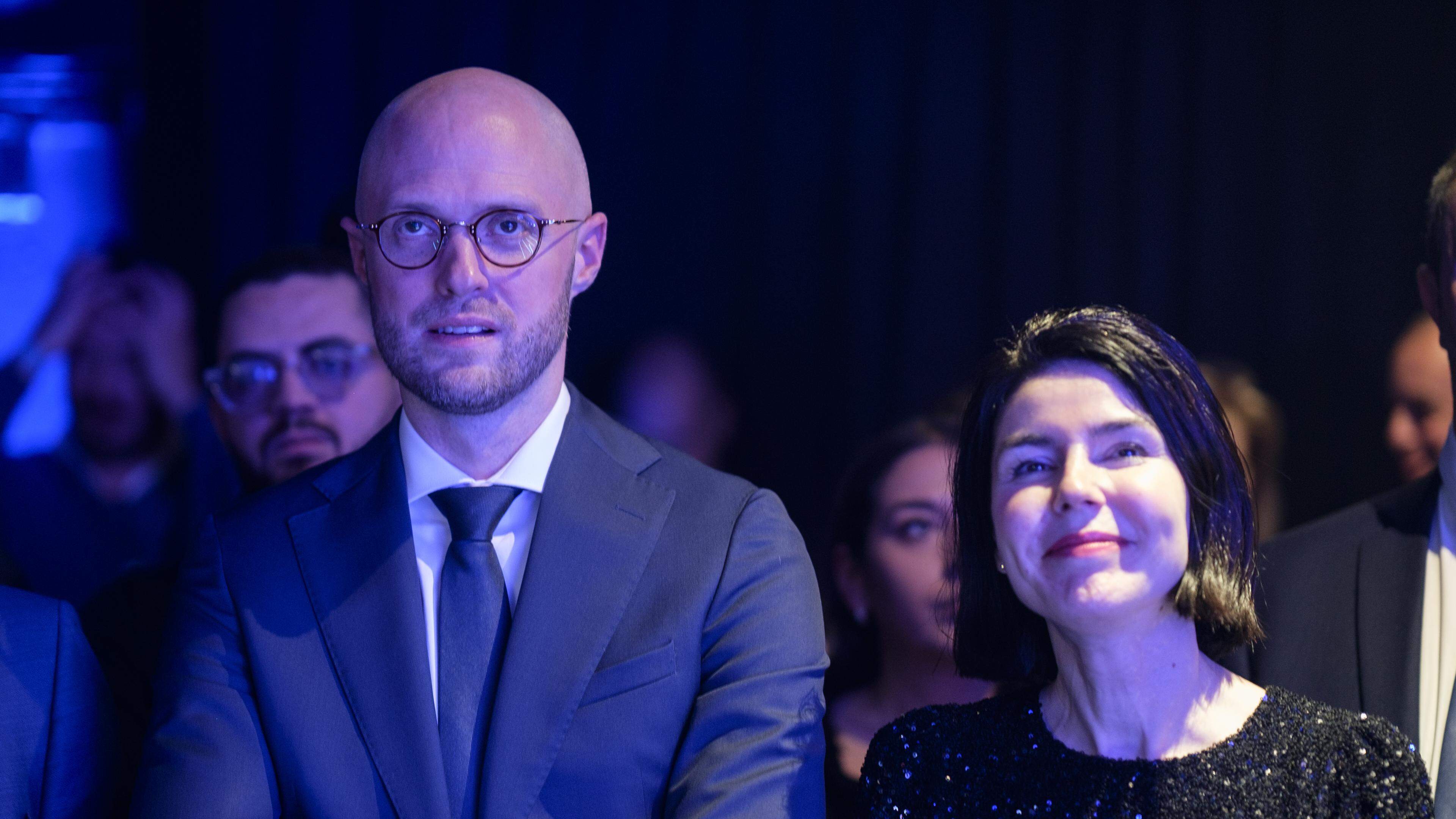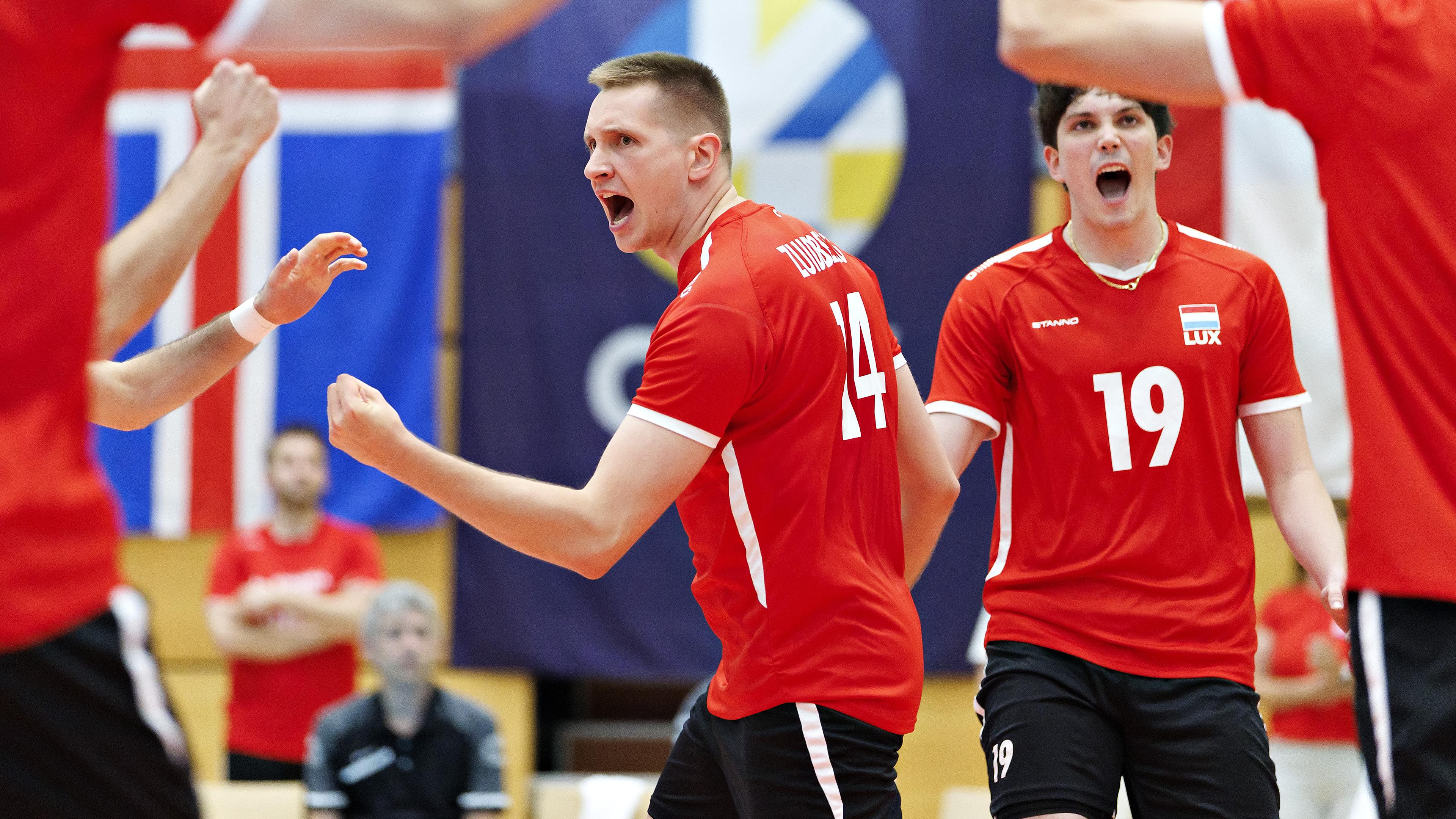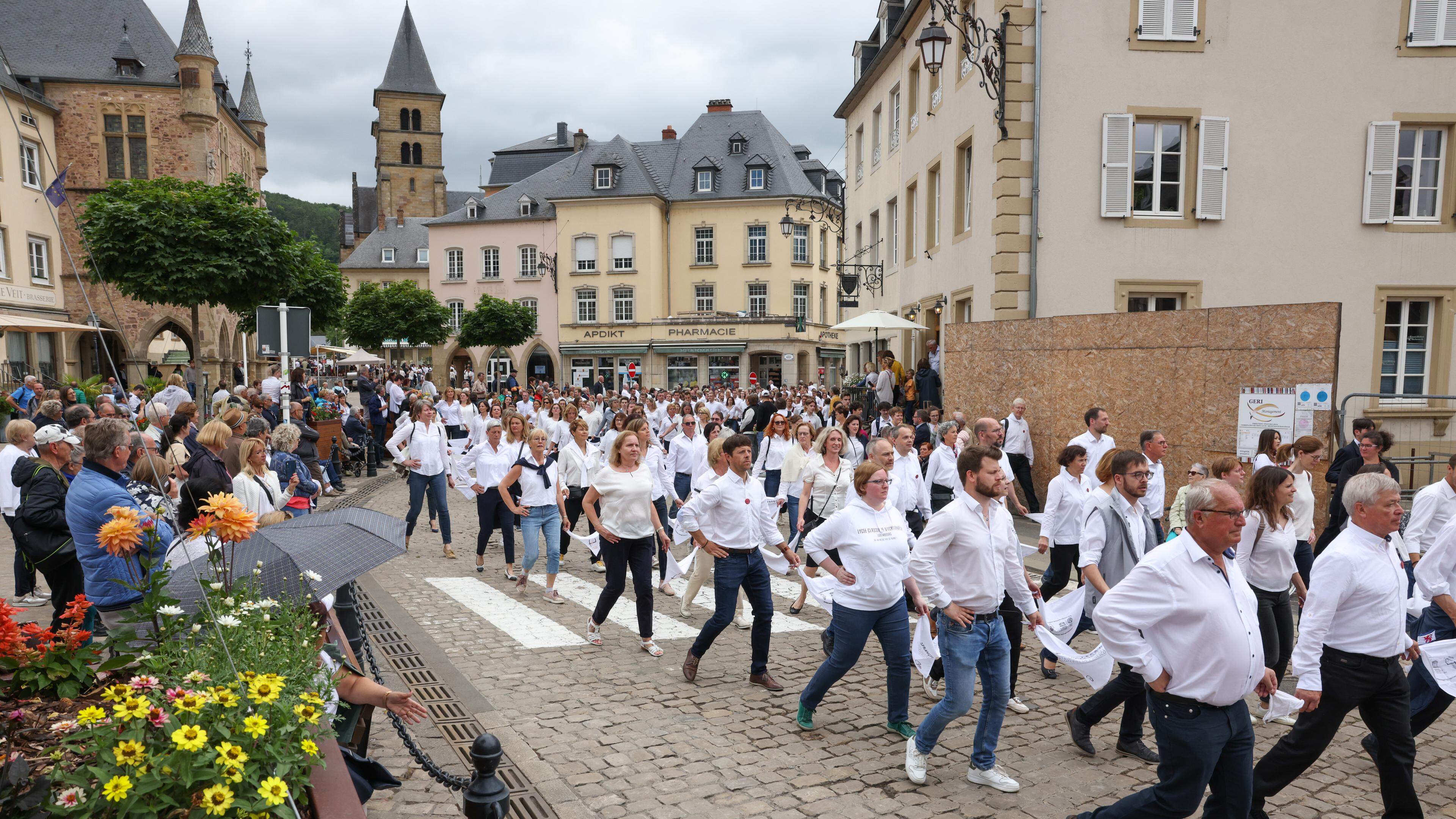How Brussel’s political paralysis of Belgium endangered stability

When Bart de Wever was sworn in as Belgian Prime Minister in early February, many observers breathed a relief. With the start of his « Arizona » coalition of Christian and Social Democrats, Liberals, Humanists and Flemish nationalists, the politically complex country finally seemed to be able to act completely again.
A remarkable coalition from the Liberal Mouvement Réformatur (MR) and the Humanistic Les Engagés took part in the Francophone region of Wallonia in July last year, with the liberal Adrien Dolimont. In September the coalition of Flemish nationalists (N-VA), Social (Vooruit) and Christian Democrats (CD & V) by Matthias Diependaele (N-VA) followed in Flanders.
Permanent crisis in Brussels
However, a gap remains in the network of Belgian government levels. Abroad is far from being known everywhere that there has been a third region for 36 years now next to Wallonia and Flanders – and this is where the shoe is pressing. While the day of the big urn on Sunday was exactly one year ago, the bilingual capital region of Brussels continues to be feverically searched for a sustainable coalition – with an uncertain outcome.
New elections in the Netherlands probably at the end of October
A look at the election result on June 9, 2024 provides a first explanation: While the 72 frankophone parliamentary seats are spread over three large and three small parties, with 20 seats in front of Parti Social List (PS, 16) and working party (PTB, 15), the only 17 Dutch-speaking seats are eliminated to a total of 8 parties (4 seats). Behind it is represented by the entire spectrum from far left (PVDA) to extremely right (Vlaam’s rank).
Brussels are not only troubled by the household hole. Poverty, unemployment and violent clashes between drug gangs are urgent problems.
Because a regional government needs a majority in both language groups, the respective parties initially look separately for such a. 37 or more frankophones and at least nine Dutch seats are required. Once the respective formulas have been found, they must also fit together. Which is as complex as it sounds. In 2019, in the last elections, it was different: Rudi Vervoort (Parti Socialiste) was able to forge a social democratic-green liberal alliance at the time, which had the necessary seats on both sides of the language border.
Symbol under pressure
The negotiations actually started in 2024 – at least on the Frankofon side, where formaters David Leisterh brought together his MR, PS and Les Engagés in August. On the other hand, it took until the beginning of winter. However, the formula from Groen, N-VA, Liberals and Social Democrats found the PS not acceptable, which rejected cooperation with the Flemish nationalists. Leisterh then tried Ecolo to win the frankophones Greens and the liberal regional party Défi. However, Ecolo remained in the decision to process the electional in the opposition.
Negotiations have no longer recovered from this impasses. The invitation to Leisterh’s « All partners, given the scope of the political, institutional and budget crisis of Brüssels » did not exactly go unanimously, but remained without consequences. Leisterh, the Brussels MR chairman, withdrew in February as a Francofoon head of trial. The Dutch-speaking regional magazine « Bruzz » recently put the debt of the capital of the capital at exactly 15,170,643,050 euros and complained about « a soap opera in which all leading roles lose ».
In Turkey, the fight against the opposition is heading
Brussels are not only troubled by the household hole. Poverty, unemployment and violent clashes between drug gangs are urgent problems. This spring, especially in the municipality of Anderlecht, there were several shootings, some with fatal consequences. Brussels, internationally known as the capital of the EU and NATO seat, is the “weakest member of Belgium” internally, according to Alain Gerlache, a Francofoon journalist who often reports in Flemish media and is considered a connoisseur of the circumstances between the language groups, in the daily newspaper “de Morg”.
Appearance remains a long way off
As such, the complex and susceptible construct of the main city region managed by both language communities, in 1989 in the course of Belgian federalization, also had a signal effect for the rest of the country. At the federal level, the tensions between Dutch-speaking and frankophones are currently significantly less present than social-economic contrasts between left and right. However, the Belgian model, which is now moving towards a confederation, remains vulnerable to corresponding vibrations.
In this respect, it is not a good sign if Charles Piqué, between 1989 and 2009, was three legislative period for long prime minister Brüssels, says after a year unsuccessful negotiations: « We wanted to let Brussels work. This is gone today. » Brussels is an important symbol for the cooperation between frankophones and flames and thus « not just a region, but a link between the two communities. This is under pressure today. »
Musk against Trump: Alliance ends in public mud fight
In order to bring movement into the stuck constellation a year after the elections, the Brussels MR has now published an explanation as a basis for discussion about the future political program. All democratic parties are invited to work. According to the Liberals, a government under the direction of David Leisterhs could then be in July.







